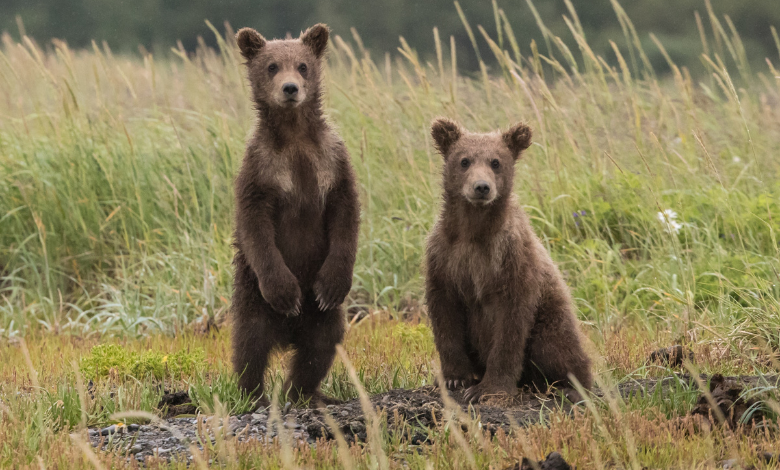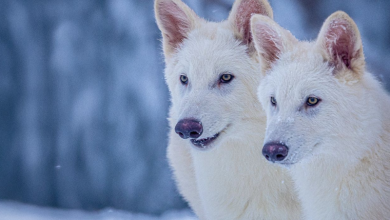How Is Climate Change Exacerbating Japan’s Bear Attack Problem?

At least 212 people have survived what has been a record year for bear attacks in Japan, according to the Ministry of Environment. 2023 is yet to draw to a close, but this year’s total has already far surpassed the 158 recorded in 2020 (the previous record year).
It’s also concerning that the number of bear attacks has never exceeded 200 per year since record began in 2006. Six people have lost their lives to the horrific incidents this year. How does climate change exacerbate the problem?
Climate Change Disturbing Flowering And Pollination
Sightings of bears are not unusual in Japan but our generally concentrated in the northern part of the country. Mountain ranges, lush bush and crystal-clear rivers in those places provide an ideal habitat and abundant sources of food.
But experts say Japan’s bears are increasingly venturing out of their traditional habitats and into urban areas in search of food. Some suggest this is because climate change is disturbing the flowering and pollination of some of the animals’ traditional sources of food.
Associate professor Maki Yamamoto at the Nagaoka University of Technology in Niigata said: “Bears are expanding their home range this year and are coming down to areas near human settlements in search of food.”
As of November, there had been 19,191 sightings across Japan, compared to 11,135 in the previous year and 12,743 in 2021. So pressing has the problem become in the country that Environment Minister Shintaro Ito has pledged to help affected communities.
The authorities are considering emergency assistance to local communities, such as surveying and capturing bears living in the vicinity of human settlements, he told a press conference last month. Is there an effective and final solution to the issue?
Potential Solutions To Japan’s Bear Attack Problem
At Karuizawa in Nagano prefecture, conservationists have taken to patrolling the forest with dogs to scare the bears away, according to local media. But officials in Akita prefecture, which recorded the second-highest number of attacks, have a more drastic measure in place.
Read More: Business Leaders Must Recognise The Urgency Of Climate Action
Governor Norihisa Satake has announced a $33 prize for each bear captured. The authorities are also considering a fund of up to $100,000 to pay for the transportation of the captured animals. Experts, however, say a more holistic approach is required.



